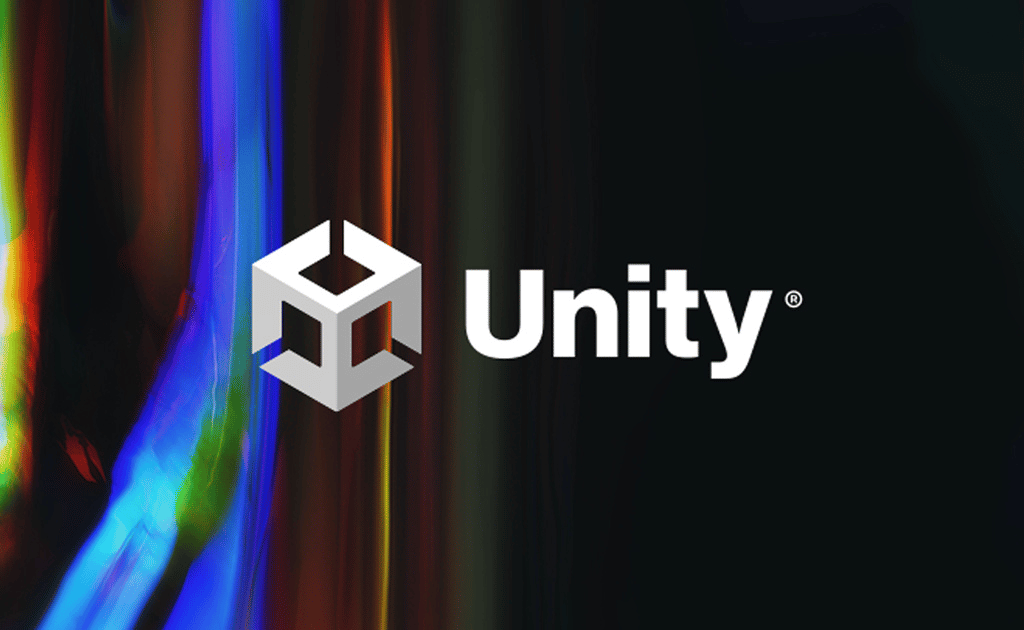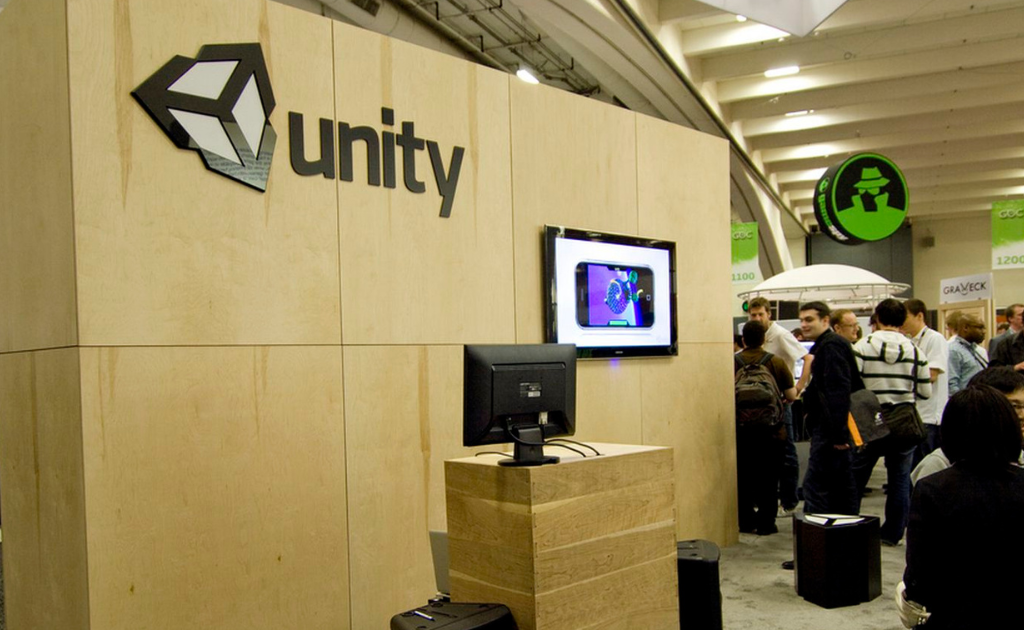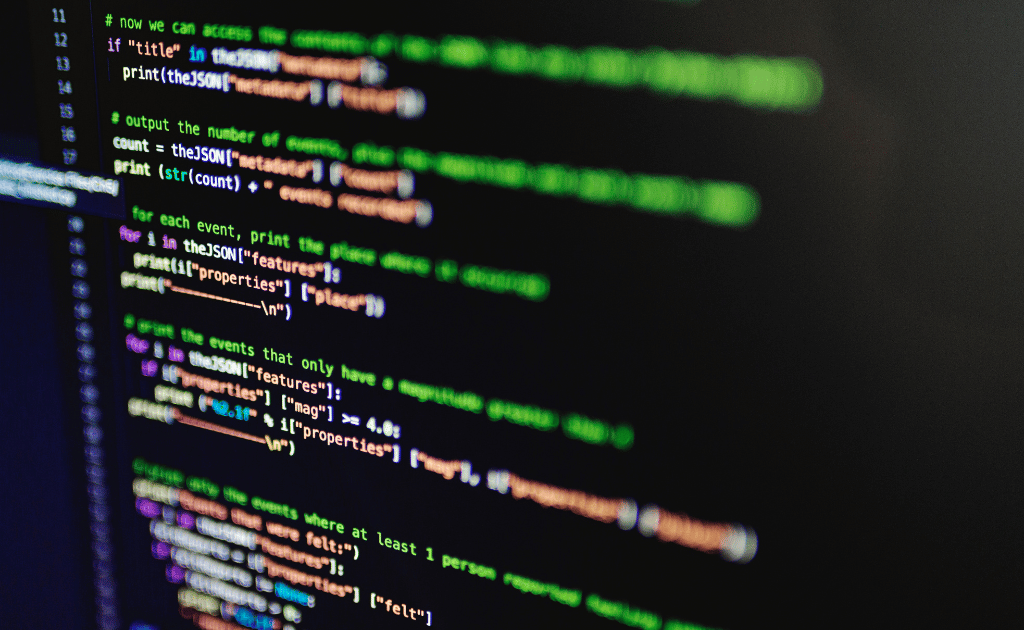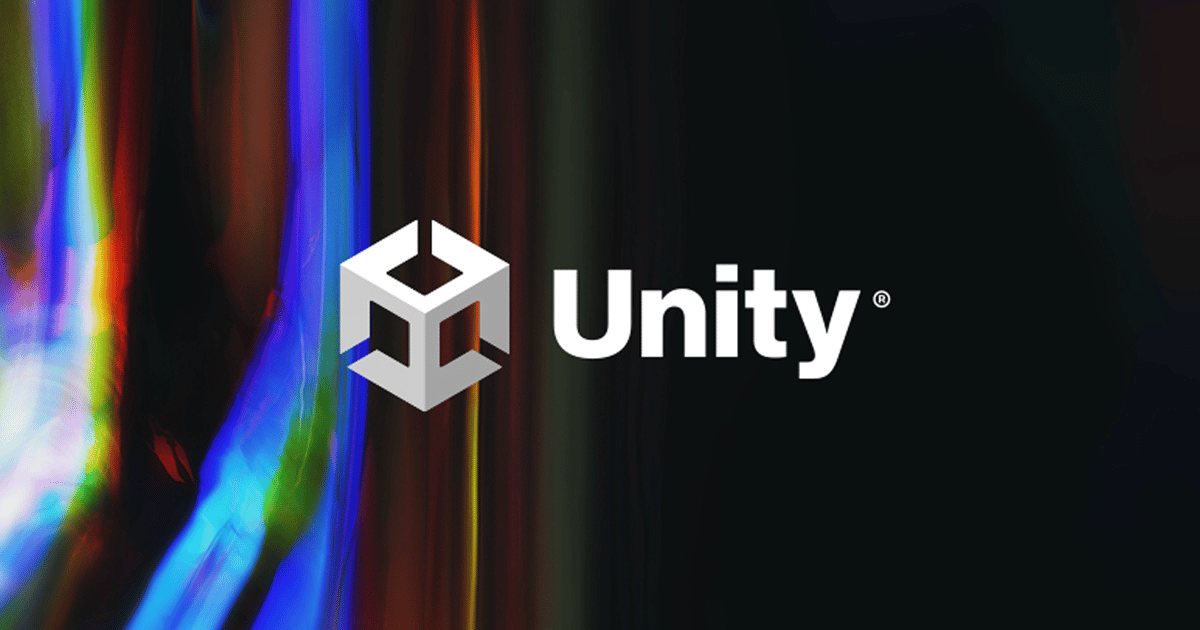If you’re a budding game developer, chances are you’ve heard of Unity. It’s one of the most popular game engines in the world, powering everything from indie hits to AAA titles. But before you can bring your creative visions to life, there’s one essential skill you need to master: the Unity programming language, C#.
For new developers, diving into Unity can feel overwhelming at first. With so many tools, features, and coding concepts to explore, it’s easy to wonder where to begin. But don’t worry—you’re not alone, and mastering Unity programming is entirely within your reach.
In this guide, we’ll break down what makes Unity and C# such a powerful combination, share practical tips for learning the Unity programming language, and help you avoid common beginner pitfalls. Whether you’re dreaming of building your first game or leveling up your skills, this guide will set you on the right path.
What Is the Unity Programming Language?
1. Overview of Unity and Its Primary Language, C#:
- Unity Engine: A versatile game engine used to create 2D, 3D, AR, and VR games.
- C# Language: Unity relies on C# as its primary programming language for scripting.
- Why C#?: C# is user-friendly, versatile, and ideal for beginners learning to code.

2. Why Unity Uses C# as Its Main Programming Language:
- Ease of Use: C# offers a clean and straightforward syntax, making it beginner-friendly.
- Performance: It provides efficient memory management and fast execution for games.
- Cross-Platform Compatibility: C# works seamlessly across Unity-supported platforms like Windows, iOS, Android, and more.
- Community and Resources: A vast library of tutorials, documentation, and community support is available for learning C#.
C# is the backbone of Unity scripting, making it a critical skill for aspiring developers to master.
Why Should New Developers Choose Unity?
1. Easy to Learn and Use
Unity programming language is known for its beginner-friendly interface, making it an ideal choice for new developers. Its drag-and-drop features and intuitive design allow you to focus on learning game development without getting bogged down by complex setups. Whether you’re working on a 2D platformer or a 3D adventure game, Unity’s user-friendly tools help you get started quickly and smoothly with Unity programming language.

2. Wide Platform Support
One of the biggest advantages of Unity programming language is its ability to build games for almost any platform. Whether you want to develop for PC, console, mobile, or VR/AR, Unity has you covered. This cross-platform compatibility means you can easily expand your game’s reach to millions of players across various devices, giving you endless possibilities with Unity programming language.
3. Massive Community and Resources
As a new developer, finding support is crucial. Unity has one of the largest and most active game development communities. From official documentation and forums to online tutorials and courses, there’s a wealth of resources available to help you along the way. This ensures you never feel stuck or alone on your learning journey.

4. Powerful Asset Store
Unity’s Asset Store is a goldmine for developers. It offers a wide variety of assets, including 3D models, animations, sound effects, and code snippets. Whether you’re just starting or need advanced tools, the Asset Store helps you save time and effort, so you can focus more on creativity and less on building assets from scratch.
5. Cost-Effective
Unity offers a free version for developers with a smaller budget or those just getting started. This makes it accessible for anyone, from hobbyists to aspiring professionals. Plus, Unity’s pricing model allows you to scale your development as your skills grow and your projects expand, making it a cost-effective choice for learning and growing in Unity programming language.

6. Popular Games Made with Unity
Unity isn’t just for beginners; it’s used by professionals to create some of the world’s top games. Popular titles like “Monument Valley,” “Angry Birds 2,” and “Pokemon Go“ were built using Unity. These games showcase the power and versatility of the engine, proving it’s capable of creating everything from casual mobile games to complex, large-scale projects.
Unity’s balance of ease of use, power, and flexibility makes it an excellent choice for new developers who want to dive into the world of game development.
Unity Programming Language: Essential Concepts
| Concept | Description |
| GameObjects | The fundamental building blocks of Unity. GameObjects represent characters, items, scenery, and other elements in your game world. They can be anything you see in a game. |
| Components | These are the functionalities attached to GameObjects to define their behavior. Examples include Rigidbody for physics, MeshRenderer for visuals, and Collider for interaction. |
| Scripts | Written in C#, scripts are used to define how GameObjects behave. Scripts control everything from movement to interaction with other GameObjects and game mechanics. |
| Transform | A component of every GameObject that controls its position, rotation, and scale in the game world. Essential for moving and positioning objects. |
| Colliders | Components that allow GameObjects to detect and respond to collisions with other objects in the game world, such as walls or enemies. |
| Rigidbody | A component that adds physical properties (such as gravity, velocity, and mass) to GameObjects, making them behave realistically in the game world. |
| Prefabs | A reusable GameObject template in Unity. Prefabs allow you to create, configure, and store a GameObject complete with all its components, ready for reuse. |
These essential concepts form the foundation of Unity programming. By mastering these, you can start bringing your game to life!
Top Tools and Resources for Learning Unity Programming
1. Recommended Tutorials and Online Courses for Unity Programming:
- Unity Learn
- Unity’s official learning platform with free courses, tutorials, and resources for all skill levels. Great for beginners to advanced developers learning Unity programming.
- Udemy
- Offers a wide range of Unity courses, from beginner to advanced levels. Popular courses include “Unity Game Development for Beginners” and “Complete C# Unity Game Developer” to help you master Unity programming.
- Coursera
- Offers professional courses in Unity programming game development, often created in partnership with universities like the University of Colorado.
- YouTube Channels
- Channels like Brackeys (although no longer active, the tutorials are still valuable) and Code Monkey provide easy-to-follow, hands-on Unity programming tutorials for beginners and intermediate developers.
- Unity Documentation
- Official Unity docs offer detailed explanations of Unity features, functions, and the Unity API. It’s an essential resource for solving specific issues and learning about new updates in Unity programming.
2. Useful Unity Asset Store Tools for Developers:
- ProBuilder
- A powerful tool for creating 3D models and prototypes directly in Unity. Perfect for developers looking to quickly build environments or shapes using Unity programming.
- Cinemachine
- A cinematic camera system that allows you to create dynamic camera behaviors with minimal effort. It’s great for adding smooth transitions and camera effects in your games using Unity programming.
- TextMesh Pro
- An advanced text rendering system that improves the quality of text in Unity games, allowing for better visual effects and readability.
- Playmaker
- A visual scripting tool for Unity that allows you to create game logic without writing traditional code, making it ideal for non-programmers or rapid prototyping using Unity programming language.
- Shader Graph
- A visual tool for building shaders in Unity without needing to write any code. It’s great for artists or developers who want to create complex visual effects easily.
These tools and resources can help you accelerate your learning journey and improve your development skills in Unity programming.
Beginner Projects to Practice Unity Programming Language
1. Simple Game Ideas to Strengthen Your Unity Programming Language Skills
If you’re just starting with the Unity programming language, working on beginner projects can help you apply what you’ve learned. Start with simple games like “Tic-Tac-Toe” or “Pong.” These projects allow you to focus on core concepts like game logic, user input, and basic UI development in Unity. As you grow more confident, try building a 2D platformer or a basic endless runner to improve your skills in physics, collisions, and object manipulation. These simple Unity programming language projects give you hands-on experience and boost your understanding of game development.

2. How to Break Down a Project into Manageable Steps in Unity Programming Language
When tackling any Unity programming language project, breaking it down into smaller tasks is key to staying organized. Start by defining the game’s core mechanics and then divide it into smaller, manageable components. For instance, for a 2D platformer, first focus on character movement, then add jump mechanics, followed by collisions and interactions with objects. Once each component is completed, test it before moving on to the next task. This step-by-step approach will help you gain confidence and master the fundamentals of the Unity programming language, ensuring your projects don’t feel overwhelming.

3. Leveraging Unity Programming Language to Build and Refine Your Skills
Working on simple projects allows you to gradually build a strong foundation in Unity programming language. As you practice, try adding new features to your projects—like scoring systems, power-ups, or enemy AI—to further enhance your game and learning experience. Each new feature will challenge you to explore different aspects of Unity programming language, from physics to scripting, and help you become a more skilled and confident developer.
How to Stay Motivated as a New Developer
1. Setting Realistic Goals for Your Unity Journey
As a new developer learning the Unity programming language, it’s important to set realistic and achievable goals. Start with small projects like creating a simple game or mastering specific features of Unity, such as character movement or basic UI design. Breaking down your learning path into smaller, manageable steps helps avoid feeling overwhelmed and keeps you motivated as you check off each milestone. By focusing on small wins, you can build confidence and momentum in your Unity programming language journey.
2. Joining Unity Communities for Support and Feedback
Staying motivated is easier when you have support. Joining Unity programming language communities, such as forums, social media groups, or Discord channels, connects you with fellow developers. Engaging with these communities gives you access to valuable feedback, advice, and inspiration from others who share similar goals. Whether it’s asking for help on a tricky problem or celebrating your progress, being part of a community keeps you motivated and makes your Unity journey more enjoyable.
Next Steps: Advancing Your Unity Programming Skills
1. Moving from Beginner to Intermediate Unity Developer
Once you’ve mastered the basics of Unity programming language, it’s time to take your skills to the next level. Start challenging yourself with more complex projects, like 3D games or adding AI behavior to your games. You can also explore additional features such as animation systems, particle effects, and advanced scripting concepts. By continually pushing your limits, you’ll move from a beginner to an intermediate developer, gaining a deeper understanding of Unity programming language.

2. Exploring Advanced Unity Features Like Physics and Shaders
To truly advance in Unity programming language, dive into more advanced features such as Unity’s physics engine and shaders. Understanding how physics works in Unity can add realistic movement, gravity, and collision detection to your games. Shaders allow you to create stunning visual effects and dynamic graphics, taking your game’s aesthetics to a professional level. Exploring these advanced topics will not only enhance your games but also deepen your overall knowledge of Unity programming language.
Conclusion: Master the Unity Programming Language
Becoming proficient in the Unity programming language is an exciting and rewarding journey, especially for new developers. By starting with small projects, setting achievable goals, and utilizing the wealth of resources available, you can gradually build the skills you need to create amazing games. Remember, progress takes time, so be patient with yourself and celebrate your small victories along the way.
As you continue to learn and explore, don’t hesitate to push your boundaries by diving into more advanced features like physics, shaders, and AI. Unity’s powerful tools and supportive community will be there to help you every step of the way. Keep experimenting, stay motivated, and soon enough, you’ll be mastering the Unity programming language and bringing your creative ideas to life.






